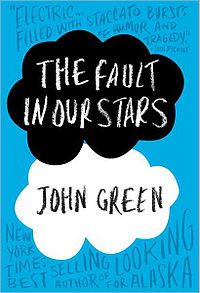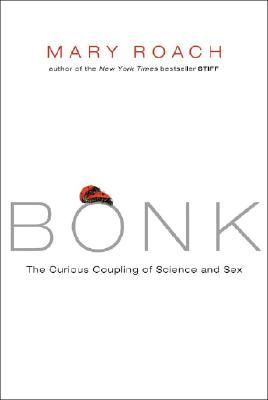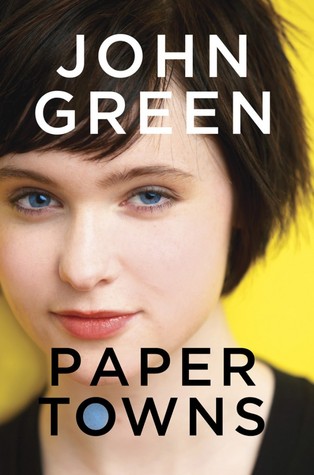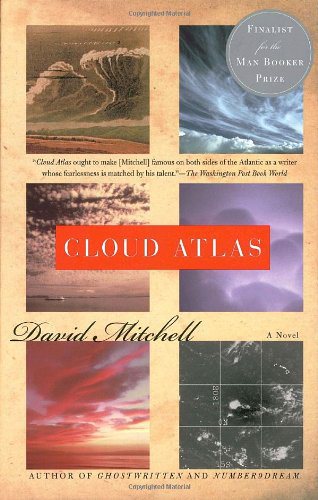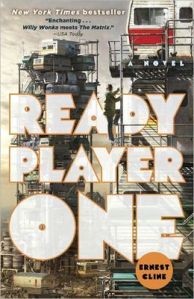I’m really doubting I’m going to add anything new to the decade-long conversation about A Song of Ice and Fire, so I’m just going to offer a casual collection of thoughts for the sake of demonstrating that I did actually read it.
The first thing that pleasantly surprised me as I dug into A Game of Thrones was that GRRM’s writing was more straightforward than I expected. I had heard from detractors that his writing style is rambling and convoluted, but when I brought this up to a friend incredulously asking why I hadn’t read ASOIAF yet, he responded that if I wasn’t put off by Tolkien, I could certainly handle Martin. That turned out to be true. The length is a bit imposing, and it took me some time to get through (particularly since I have an awful habit of reading several books at a time), but I didn’t especially feel that this installment suffered for want of editing (that may change further down the line.)
As a fan of the HBO series, I’ll definitely be wanting to go back and rewatch the first season with the book fresh in my mind. Upon my first watch, I recall feeling overwhelmed by how many characters there were, and particularly by characters that were mentioned in passing by name but who never appeared onscreen (or who did only fleetingly.) There were also several scenes that I had completely forgotten about until I read A Game of Thrones, and I’d like to go back and see how the scene played out on screen. For instance, I had totally forgotten all about the Hand’s Tournament and how Loras Tyrell actually appears sooner than season 3.
Anyway, it’s going to be something of a comfort to have the series to read while I wait for the next season of the show. And maybe I’ll get to have something shocking to be smug about that occurs during episode 9.
The first thing that pleasantly surprised me as I dug into A Game of Thrones was that GRRM’s writing was more straightforward than I expected. I had heard from detractors that his writing style is rambling and convoluted, but when I brought this up to a friend incredulously asking why I hadn’t read ASOIAF yet, he responded that if I wasn’t put off by Tolkien, I could certainly handle Martin. That turned out to be true. The length is a bit imposing, and it took me some time to get through (particularly since I have an awful habit of reading several books at a time), but I didn’t especially feel that this installment suffered for want of editing (that may change further down the line.)
As a fan of the HBO series, I’ll definitely be wanting to go back and rewatch the first season with the book fresh in my mind. Upon my first watch, I recall feeling overwhelmed by how many characters there were, and particularly by characters that were mentioned in passing by name but who never appeared onscreen (or who did only fleetingly.) There were also several scenes that I had completely forgotten about until I read A Game of Thrones, and I’d like to go back and see how the scene played out on screen. For instance, I had totally forgotten all about the Hand’s Tournament and how Loras Tyrell actually appears sooner than season 3.
Anyway, it’s going to be something of a comfort to have the series to read while I wait for the next season of the show. And maybe I’ll get to have something shocking to be smug about that occurs during episode 9.


